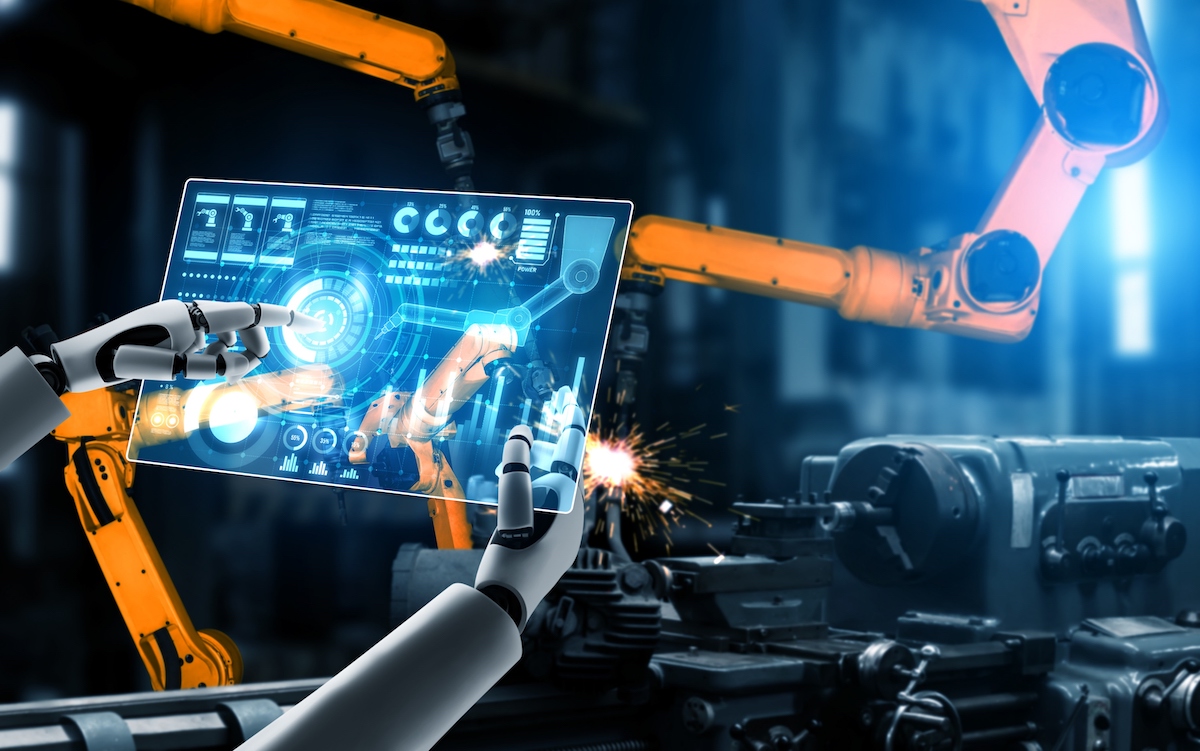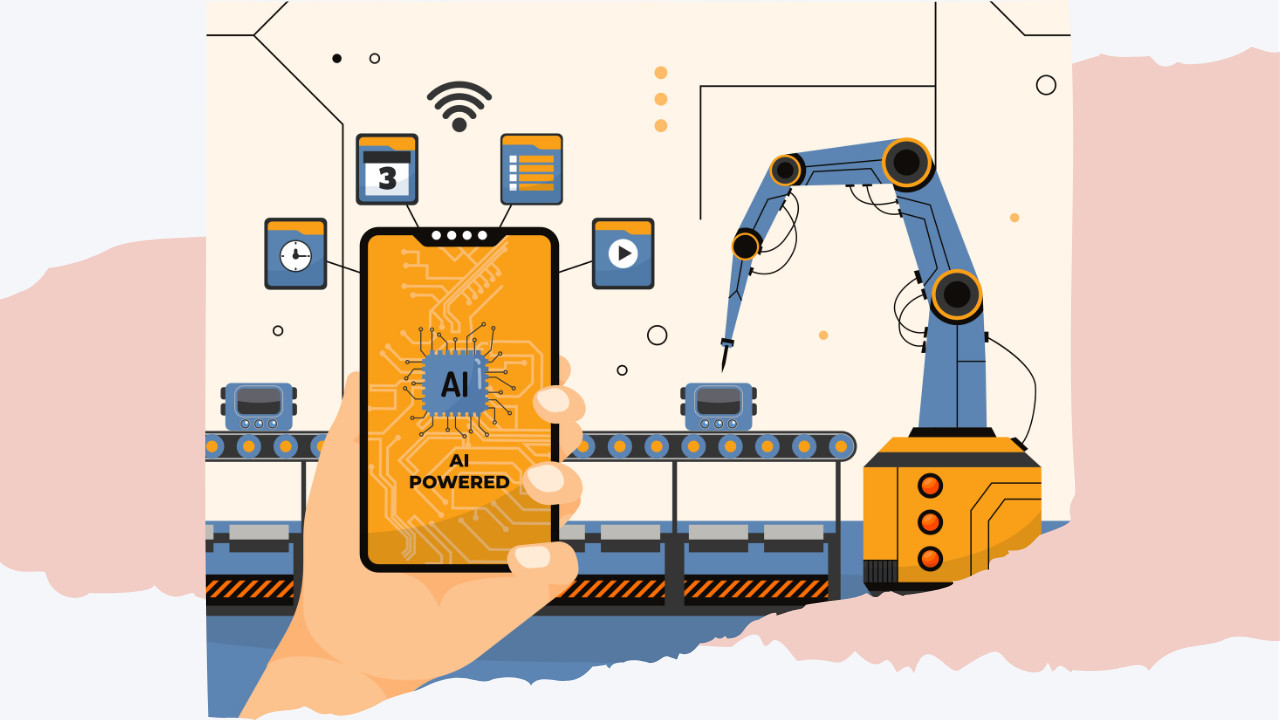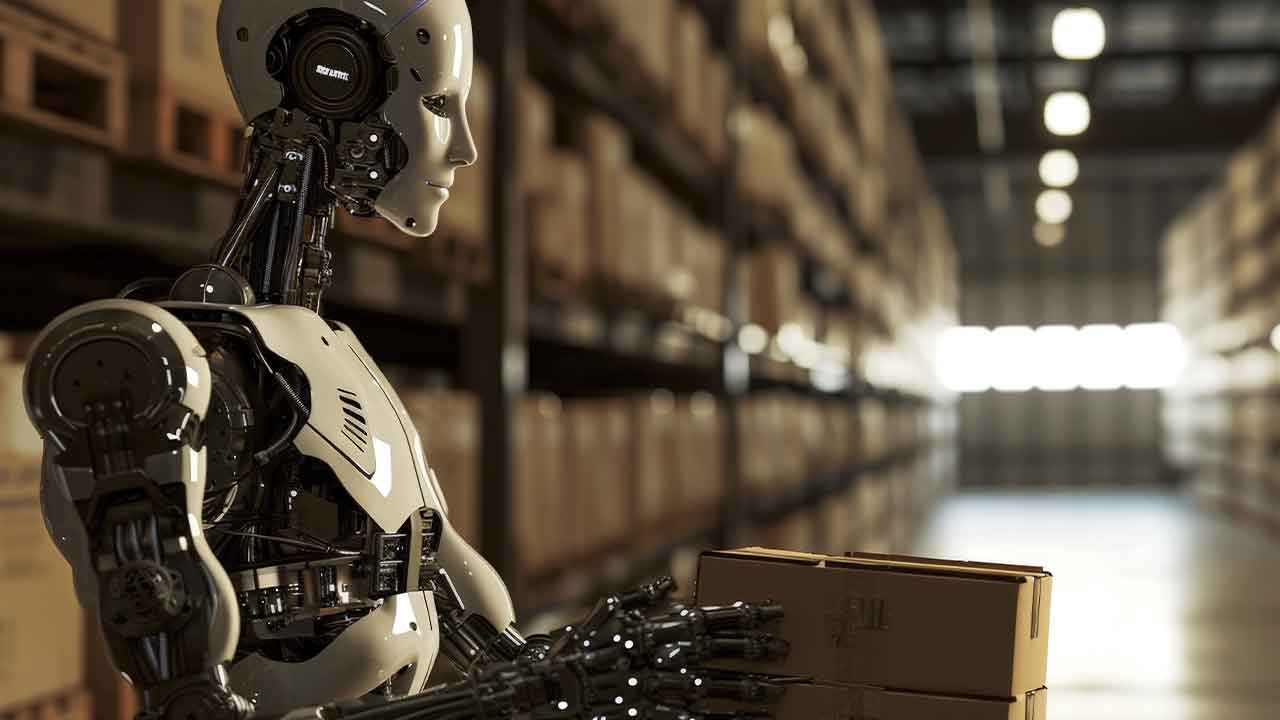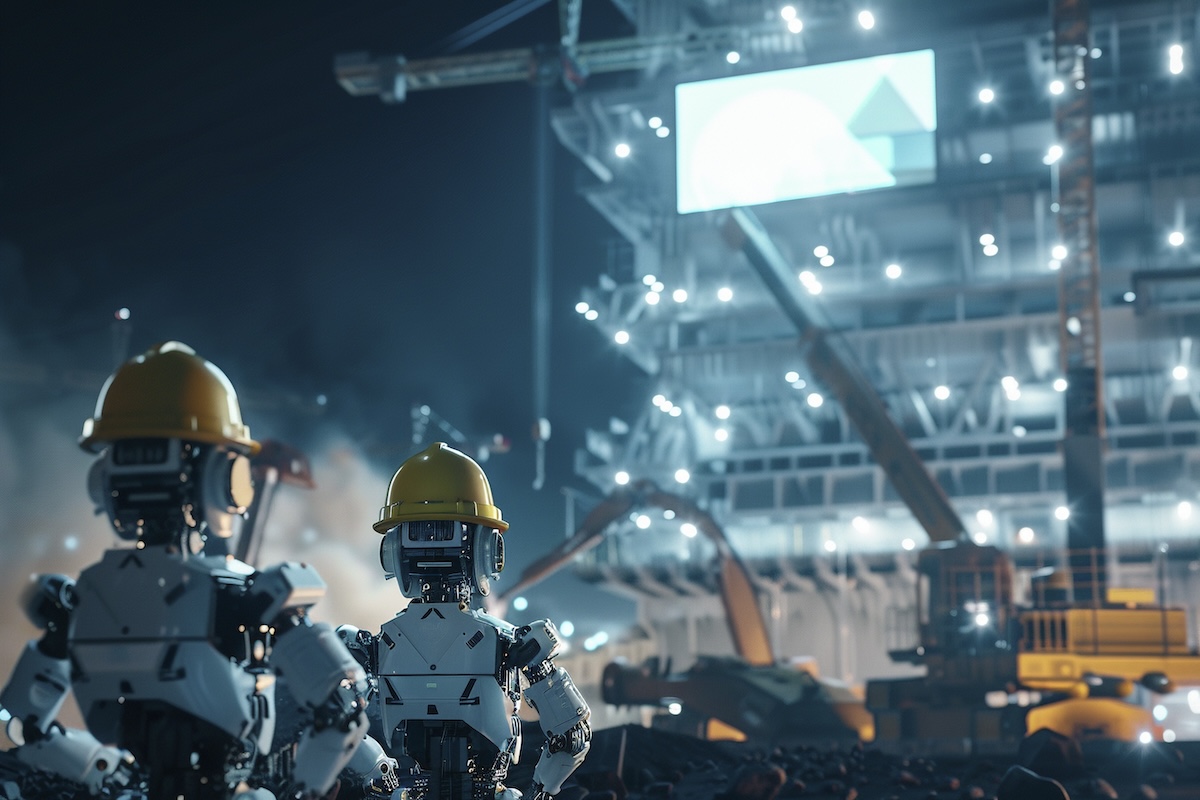The Role of AI in the Future of Manufacturing Software Systems
In recent years, there has been a growing interest in the role of artificial intelligence (AI) in manufacturing software systems. Francisco Lobo, the CEO of Critical Manufacturing, shares his insights and vision on how AI is shaping the future of manufacturing.
Pragmatic Approach to AI in Manufacturing
Lobo emphasizes the importance of taking a pragmatic approach to AI in manufacturing. He believes that while AI can provide significant benefits to various functions in manufacturing, it is not about AI taking over all the functions, but rather helping operators, front-line workers, engineers, managers, and supervisors with intelligent insights and decision-making. The goal is to use AI as a tool to augment human capabilities and provide additional efficiencies and productivity.
Competitive Advantage in the Age of AI
Lobo also highlights the competitive advantage that AI can offer to manufacturing companies. In the same conversation, Lucian Fogoros, IIoT World’s co-founder, quotes Peter Diamandis, saying “You’re either in AI by 2030, or you’re going to be bankrupt.” This indicates that AI will play a critical role in the success and survival of manufacturing companies in the future. Lobo encourages companies to take initiatives to become more efficient by embracing AI and working with partners who have already been on the AI journey and learned from their use cases and mistakes.
Related: AI is the Future of Manufacturing, and It’s Already Here
Low-Code/No-Code Solutions for Accelerating Digitalization
Lobo discusses the scarcity of IT resources in manufacturing and how low-code/no-code solutions can accelerate the digitalization process. He explains that with the emergence of citizen developers, who are domain experts with a certain level of IT perspective, but not necessarily software developers, it is now possible to give IT power to non-IT professionals. This democratization of IT enables faster adoption of digital transformation across manufacturing plants worldwide, breaking down barriers between OT and IT.
MES as the Basis for Digitalization
As an MES provider, Lobo argues that MES (Manufacturing Execution System) is still a critical tool for digitalization in manufacturing, despite the growing popularity of IoT solutions and low-code/no-code solutions. He believes that having a solid MES as the basis provides the necessary structure and strategy for a successful digitalization process. Once the foundation is in place, other technologies such as IoT and no-code solutions can be integrated to further enhance the manufacturing operations.
Contextual Information for Enhanced AI Models
Lobo also emphasizes the importance of contextual information in AI models for manufacturing. He explains that while sensors and IoT devices can provide data, contextual information from MES, such as machine history, maintenance records, and product information, can significantly enhance the accuracy and effectiveness of AI models. This contextual information provides valuable insights and correlations that can drive better decision-making and predictive capabilities in manufacturing operations.
Conclusion
In conclusion, Lobo’s insights highlight the pragmatic approach, competitive advantage, and the role of low-code/no-code solutions, MES, and contextual information in the future of manufacturing software systems. AI has the potential to revolutionize manufacturing operations by augmenting human capabilities and providing valuable insights for improved decision-making. Adopting AI and leveraging its capabilities will be critical for manufacturing companies to stay competitive in the fast-evolving landscape of Industry 4.0.
This blog post was created based on the script of the video with the assistance of https://chat.openai.com/.



